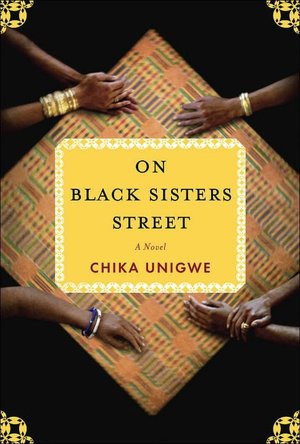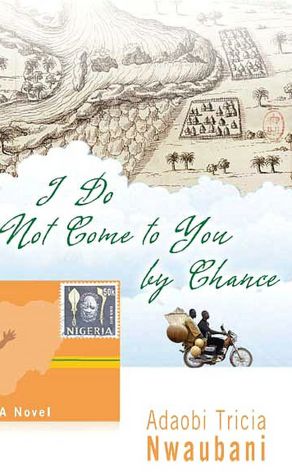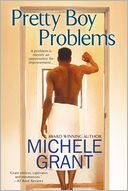Luther: The Calling by Neil Cross: Fans of the BBC miniseries are no stranger to the brooding figure who observes crime scenes with his hands stuffed in his pockets. But they'll learn in Luther: The Calling where that habit came from and why lead character, John Luther, does just that. In this prequel to the miniseries, Neil Cross introduces John Luther before we, as television viewers, come to know him. And in introducing him this way, Cross ties up some loose ends that we weren't even aware of before.
Available September 4, 2012
Count on Me: Tales of Sisterhoods and Fierce Friendships by Las Comadres Para Las Americas: The concept of friendship that goes beyond everyday acquaintances is nothing new. Count On Me serves to remind us of those friendships that are so strong and so important that the only word that can define them is comadre. Told in twelve narratives, Count On Me highlights the friendships between co-workers, neighbors, confidants and complete strangers.
Available September 4, 2012
The Cutting Season by Attica Locke: Lovers of historical fiction, thrillers or both, come near. This is the book for you. In her latest, Attica Locke deftly weaves the history of a Louisiana plantation with a modern day who done it, and you're going to love it.
Available September 18, 2012
The Twelve Tribes of Hattie by Ayana Mathis: Is there a limit on the amount of love a parent can have for their child? If you have more than one child, is it possible to have loved your other children so much that you have nothing left for the others? Or is it just possible for life to beat you down so much so that you have nothing left to give your children except a place to stay, food to eat and a determination to survive?
Available January 15, 2013
Are there any ARCs you've gotten your hands on that the rest of us should look forward to reading? Any books you're interested in hearing more about before you order it? Drop a comment and let us know.


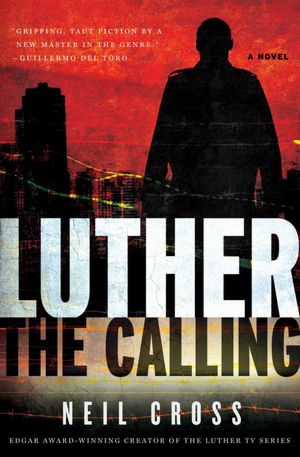


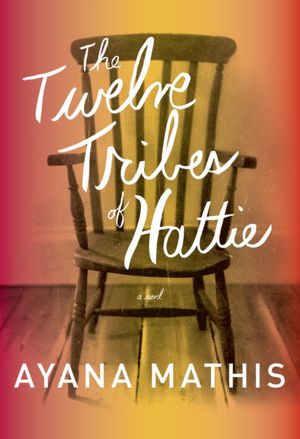




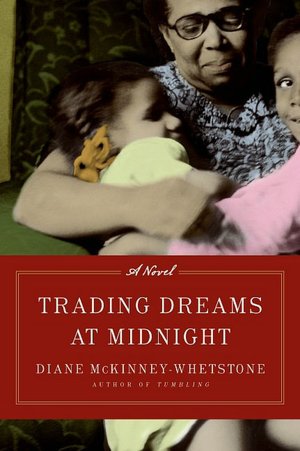
.jpg)












